A Polish-Inspired Beetroot Salad with Apples, Radish and Dill
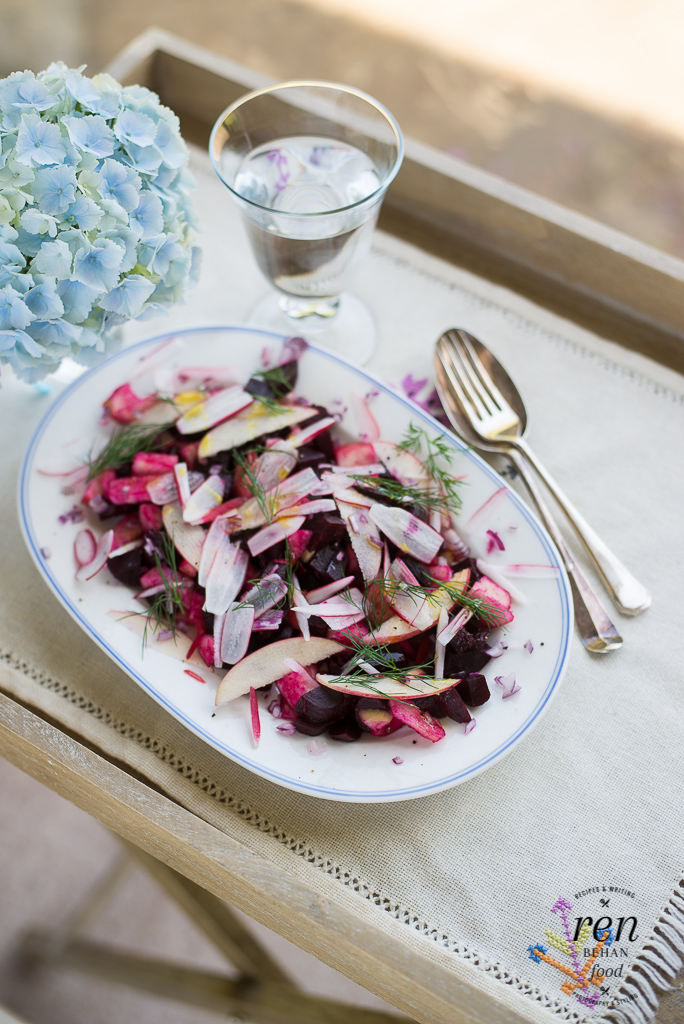
A Polish-inspired beetroot summer salad with apples, radish and dill
I was interested to read this week about the four distinct waves of Polish migration to the UK. I tend to only think of my parents’ generation, resettling to the UK after the Second World War and of course, of the most recent wave. In fact, there have been Poles in Britain since around 1830, following the November Uprising of 1830-1831, with a second wave happening between 1880 and 1920.
Both my mother and father’s family settled in England during the third wave, shortly after the war. My father left Poland at the tender age of sixteen, having first undertaken a forced and perilous journey of approximately 1700 miles from Poland to northern Russia. Aged eighteen, my father and his twin joined the Polish Army in Exile formed by General Anders. They formed in Buzuluk, and travelled via Tashkent, Bukhara and Moynaq. They were then part of a brigade that went to Suez and Durban in South Africa, before arriving in Scotland. Once in Scotland, they trained with a Polish tank brigade, later taking part in the Battle of Falaise, going on to liberate the towns of Ypres, Ghent and Passchendaele, amongst many others. After the war, they were kept on as peacekeeping troops.
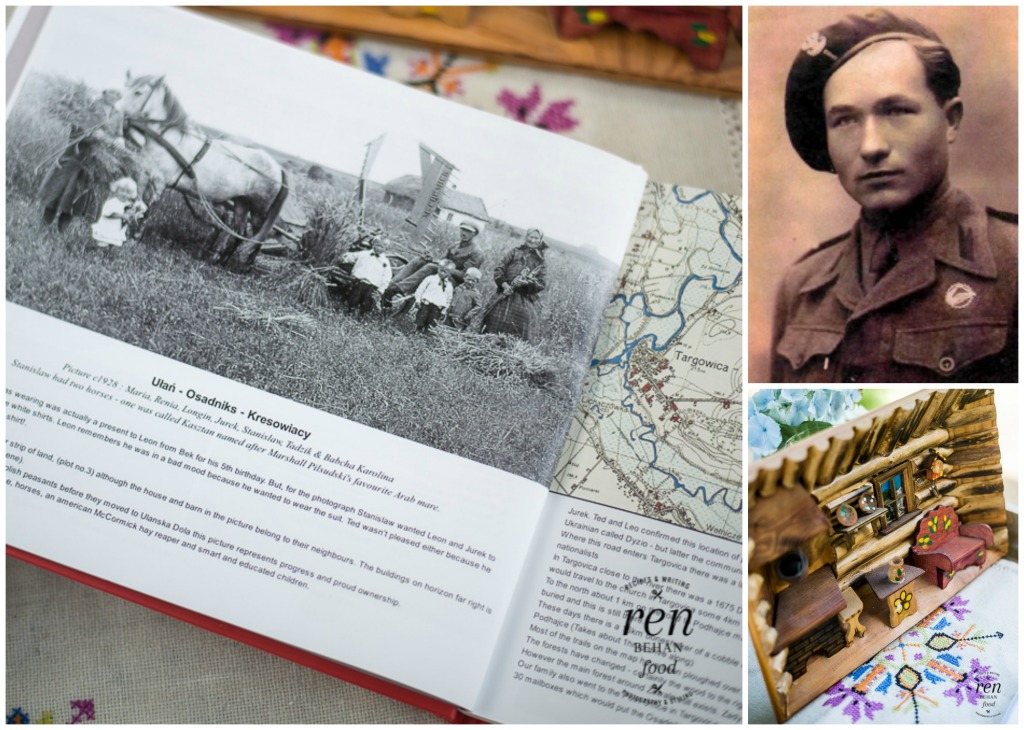
Family history book, my father in the Polish army, Polish folk art.
It wasn’t until many years after the war my father formed a business with his brothers, who had all fortunately survived the war, and they employed my grandmother, my mother and her brother, who had also resettled in England from Poland during the war. My dad later married my mother and they had five children, of which I am the youngest. The family business employed many fellow Poles and their families creating new industry in Manchester for a period spanning three decades. Their contribution to society, like that of many migrant Poles, was not insignificant.
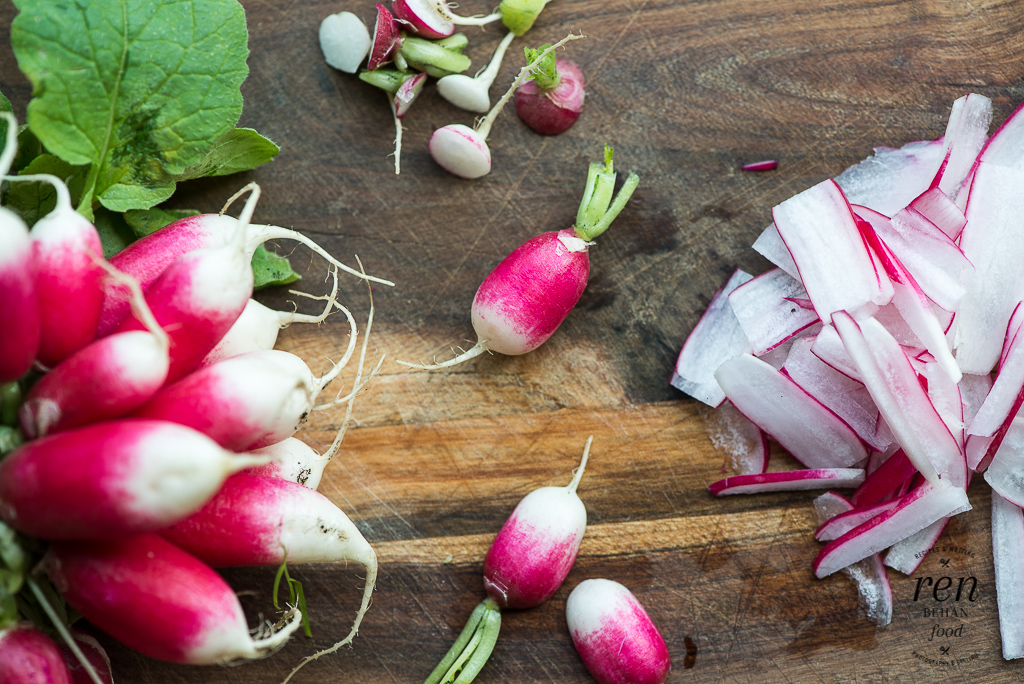
By the time I was born, my grandmother had her own house and a small garden here in England. I remember her garden being full of all the things that she used to grow in Poland. In fact, most Poles had a little allotment patch either at the front or at the back of their house. I remember playing in her garden and seeing plenty of beetroot, runner beans, cabbages, carrots, potatoes, radishes and lots and lots of dill. Babcia kept chickens, too, so there were always plenty of eggs. She never quite came out of war mentality, so there were lots of jars of pickles and preserves. Cooking Polish food would make her feel closer to home; it was the only cuisine she knew. Taught by my grandmother, my mother also cooked Polish food for our family and so I knew little else. As a baby my mama tells me I was weaned on beetroot soup and that I loved it.
Migration means many things to many different people. I personally am always fascinated by stories of resettlement and relocation. They are rarely clear-cut and often there is also an element of history involved, too. I know that my parents were always incredibly grateful for the Polish community church hall, where we would often spend time marking significant occasions in Polish history, or folk dancing or fundraising with the Polish Scouts. It still exists to this day, now welcoming new Poles, arriving with predicaments of their own.
These days, of course, communities are often formed online, too. With strong links to the migrant communities around the world, Lebara, a UK-based telecoms group, are bringing together a collection of stories and articles, examining migration and offering a place for people to share collective memories; a community platform, of sorts, aimed at bringing together rather than dividing. It’s an initiative that I’m keen to support, particularly in light of my own family history and my keenness to promote positivity and inclusivity towards those who find themselves far away from home.
As well as thinking about my story and that of my parents’ migration all those years ago, I’m sharing today a recipe inspired by my grandmother’s garden, which by this time of year would be brimming with summer salad ingredients, ready to provide a colourful addition to our family table. The recipe should shortly be featured on the Lebara Community Site, too.
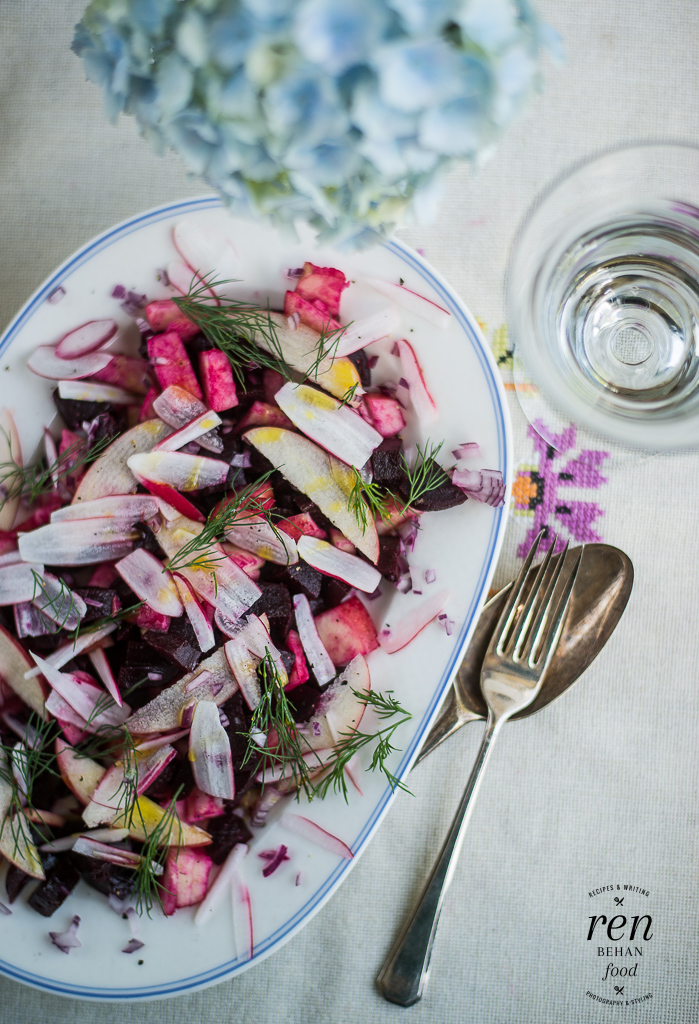
There are plenty of other interesting articles and recipes being added to the Lebara Community Hub all the time – pop over and have a read here.
I’m also linking this recipe up to Simple and in Season June, Extra Veg June 2015, hosted by Helen at Fuss Free Flavours and Meat Free Mondays hosted by Jac at Tinned Tomatoes.
For more Polish recipes, see www.renbehan.com/mypolishkitchen

With many thanks to Lebara UK for commissioning this recipe and for creating the migrant community hub.

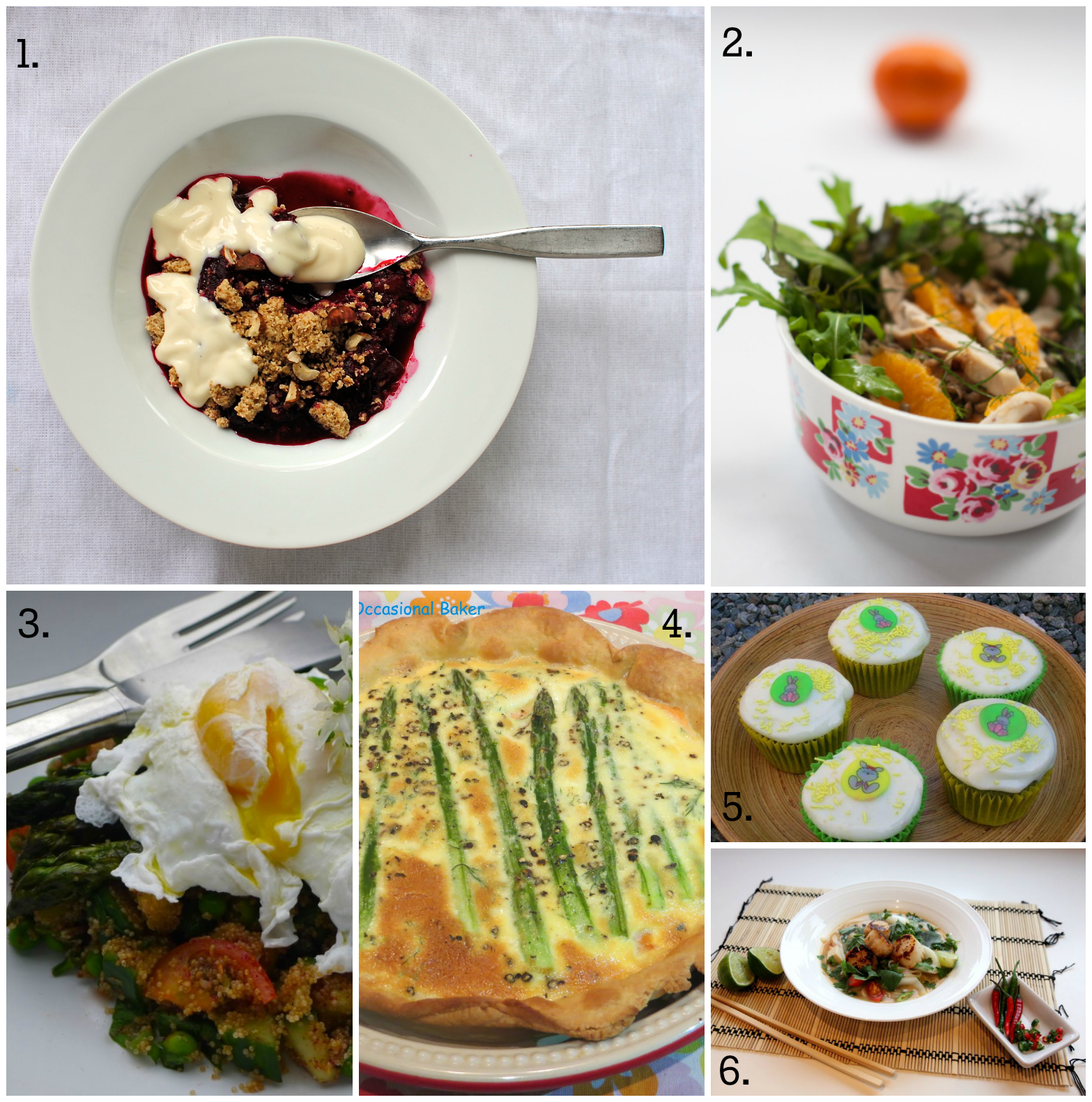

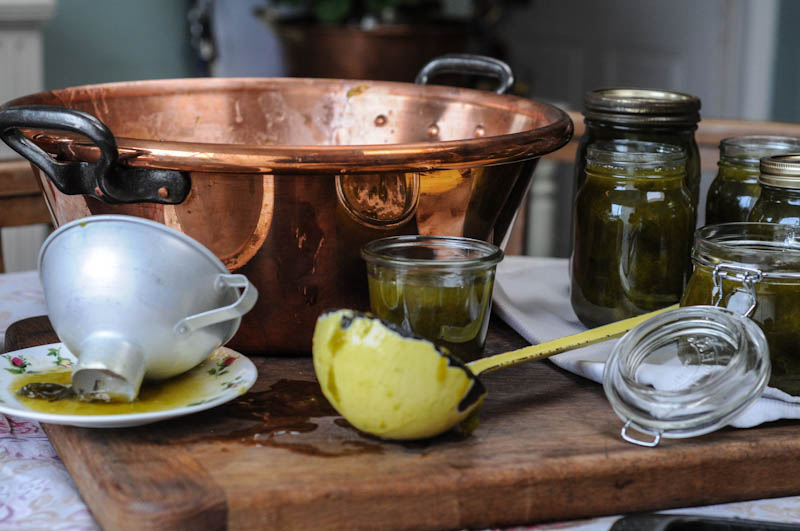


What a beautiful salad.the ingredients are fantastic, and the final salad looks stunning. Thank you for sharing these great links. i’ll check them out.
Thanks a lot to share this article.
This recipe looks delicious and definitely reminds me a lot of the food I’ve eaten in Poland. I hopped over from Jac’s Meat-free Mondays round-up so it’s always lovely to discover a new blog 🙂
I’m not sure I knew about the first two waves either Ren, though as I studied history during that period I ought to – my memory is very dodgy! Love the recipe and that it takes you back to your grandmothers garden – traditions being carried on into the next generation is so important.
Beautifully written post Ren , being a migrant myself it evokes a lot of emotion… I totally understand what your’ grandmother felt when she thought food was her connection to home…the sights, sounds and aroma of traditional recipes helps recreate a warm and homely feel in a home away from home! And yes with services like Lebara we do stay connected with loves ones so much more easily!!
Thanks Manjiri!
What a wonderful story Ren. You are right – migration and the story of why people ended up where they did is fascinating. Have you read The Inheritance of Loss? Do – I think you’d enjoy it. Gorgeous salad full of colour and texture!
Thank You Jeanne, I was interested to learn that my dad travelled via South Africa 🙂 I haven’t read that book but I will – thank you!
This is a lively post, full of memories. It’s so wonderful that you still make your mothers and grandmothers dishes. Beautiful photos too. GG
Thank you GG, very kind of you to say, I’m glad you enjoyed it.
I really enjoyed reading about your family Ren & I love the salad.
Thank you, Jac. x
What memorable experiences you have shared. The love of cooking and sharing heritage food is so important to pass down the generations. I love the simplicity of this salad, though as usual you present it beautifully.
Yes I do love heritage cooking, so important to keep the memories alive.
You have so many lovely memories and stories that form the history of you and your family. I have always loved Polish food and know it well, especially enjoying the restaurant in Shepherds Bush which we all used to go to growing up in West London. Your salad is just the perfect way to celebrate your heritage!
Thank you Laura, yes the restaurant in Shepherds Bush is still going I believe – Patio?!
That looks beautiful. Fascinating to hear more about your Polish background too!
Thank you Sarah! Lots to share .,
What a beautiful post. Such migration stories are close to my heart and remind me of my grandparents and parents stories of migranting from India to Pakistan in 1947, it was a very dark time yet one of such hope. I really enjoyed this recipe too. Will make!!
Thank you so much Sumayya, really means a lot that you popped over to have a read 🙂